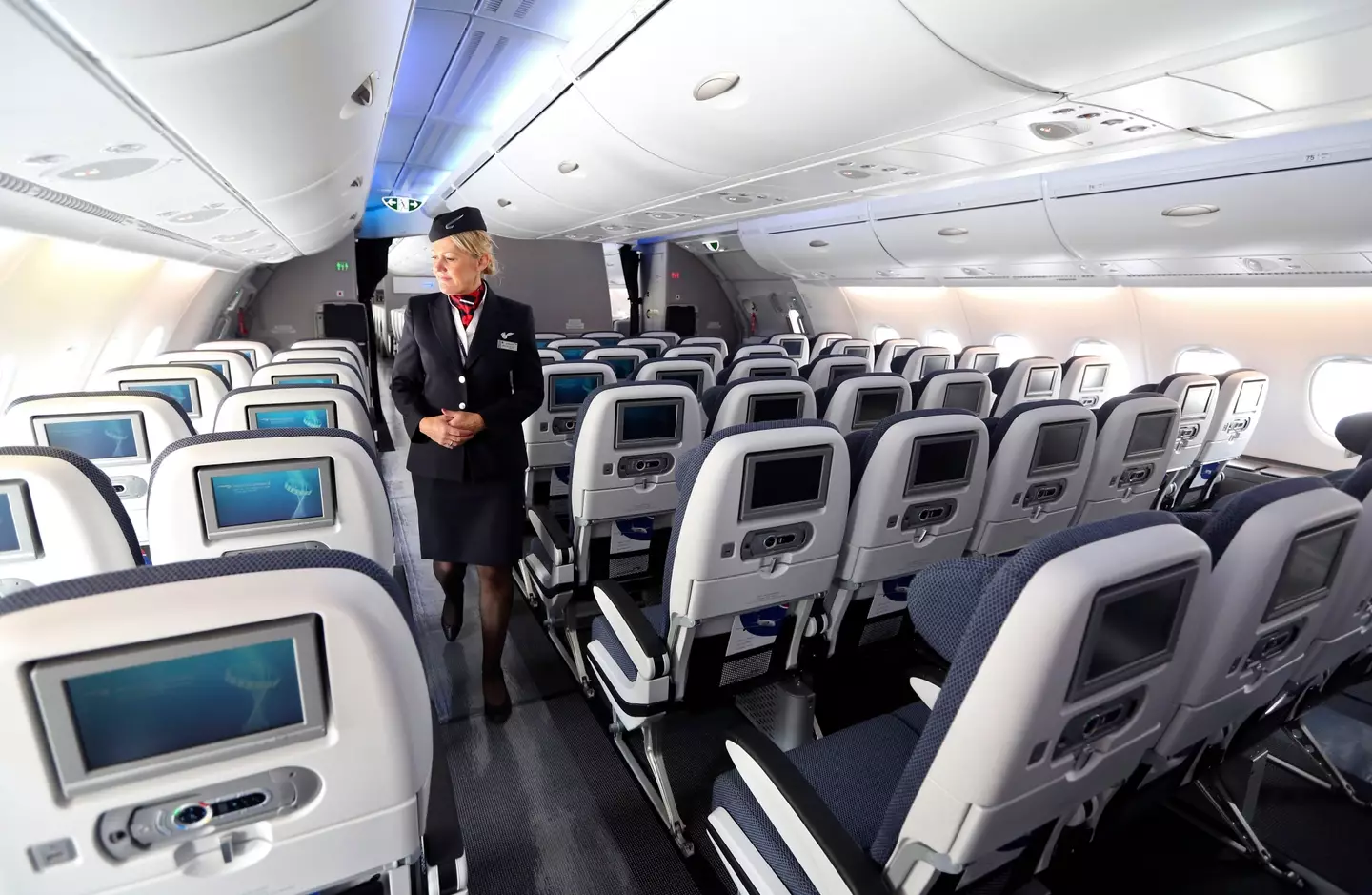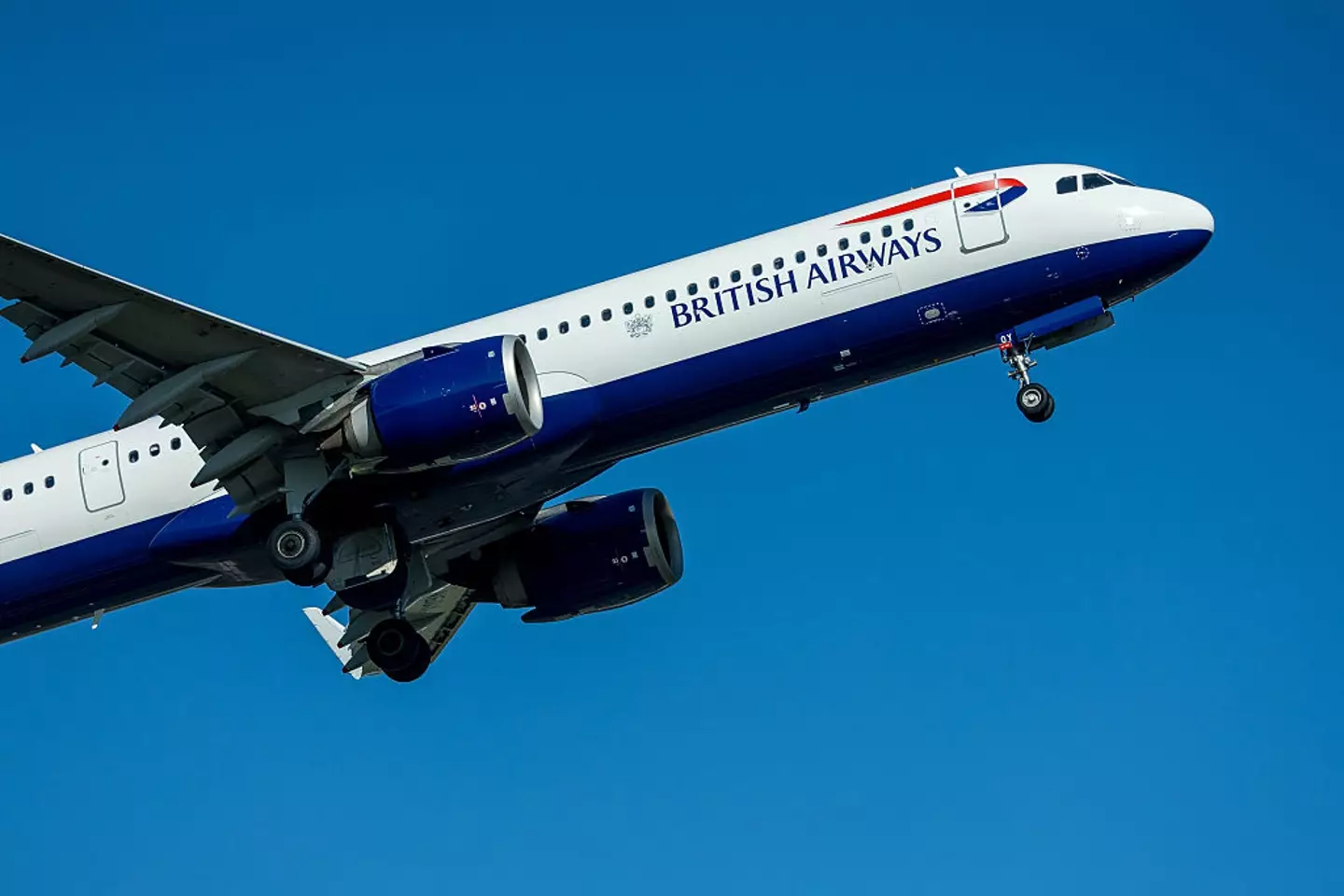
An air stewardess has won a court case after she was fired for being ‘too scared’ to fly.
The cabin crew member worked for British Airways before she was given the boot after she was unable to fly due to anxiety and stress.
Prior to being fired, Jennifer Clifford had worked for BA for nearly four decades after first joining the company back in 1983.

Advert
But in September 2021, the former flight attendant went on a period of sick leave due to symptoms of stress and depression.
As a result, she was moved to a position on the ground on a temporary basis but was later fired as she was unable to return to her original role by the end of 2022.
Taking her employer to a tribunal, Clifford said that her condition wasn’t taken seriously by her managers, recalling how they described it as ‘just a little bit of anxiety’ by her line manager Nigel Landy.
In the tribunal, it was also said that Landy had told staff: “If you don’t like working here then leave.”
Tribunal judge Emma Hawksworth said: “The claimant needed a phased return in a ground duties placement before returning to her full contractual flying role.
“That was because of the need to rebuild her confidence and to give time to adjust to working again, and these requirements arose from her disability. She had problems working at the help hub because of the busy environment, arising from her anxiety and depression causing her to feel overwhelmed. She struggled with the long commute because that increased feelings of stress and anxiety arising in consequence of her disability.
“She remained unable, because of anxiety and depression, to return to her flying role when required to do so by the respondent at the end of the resourcing and recruitment placement.”

The judgement continued: “The claimant had very long service with the respondent. She had had a lengthy period of absence from work, in part because of things for which she was not responsible: a long period of furlough and a long period when the respondent was considering her grievance.
“A reasonable employer would have given the claimant a longer and more suitable phased return and would, in line with its policy, have considered redeployment to a ground based role before deciding to dismiss her.”
Clifford had also filed an additional claim of sex discrimination which was later dismissed.